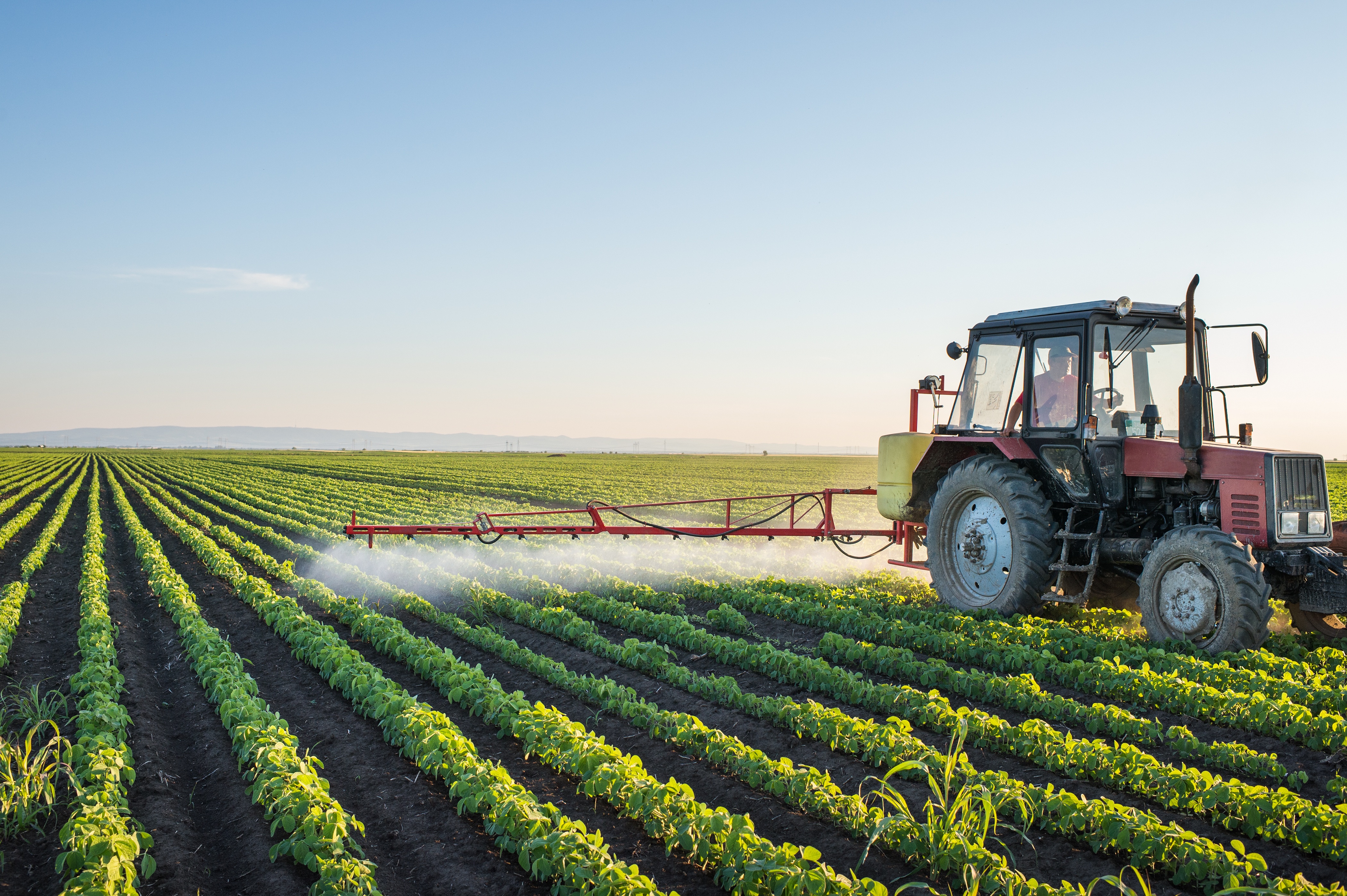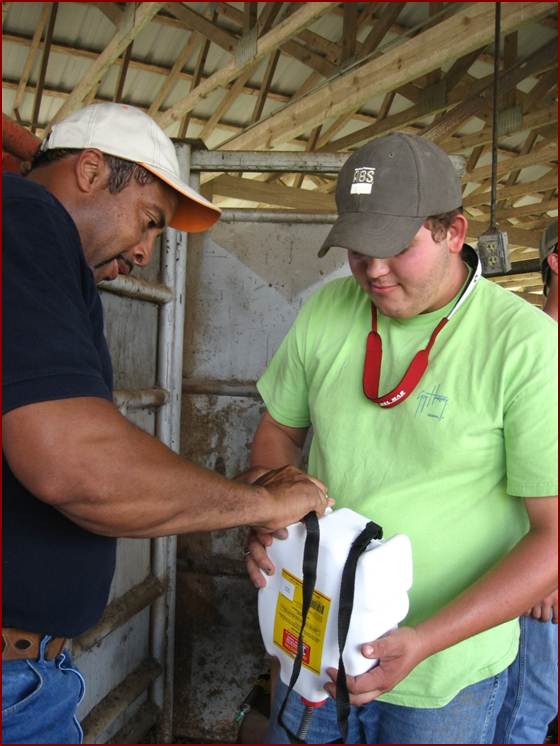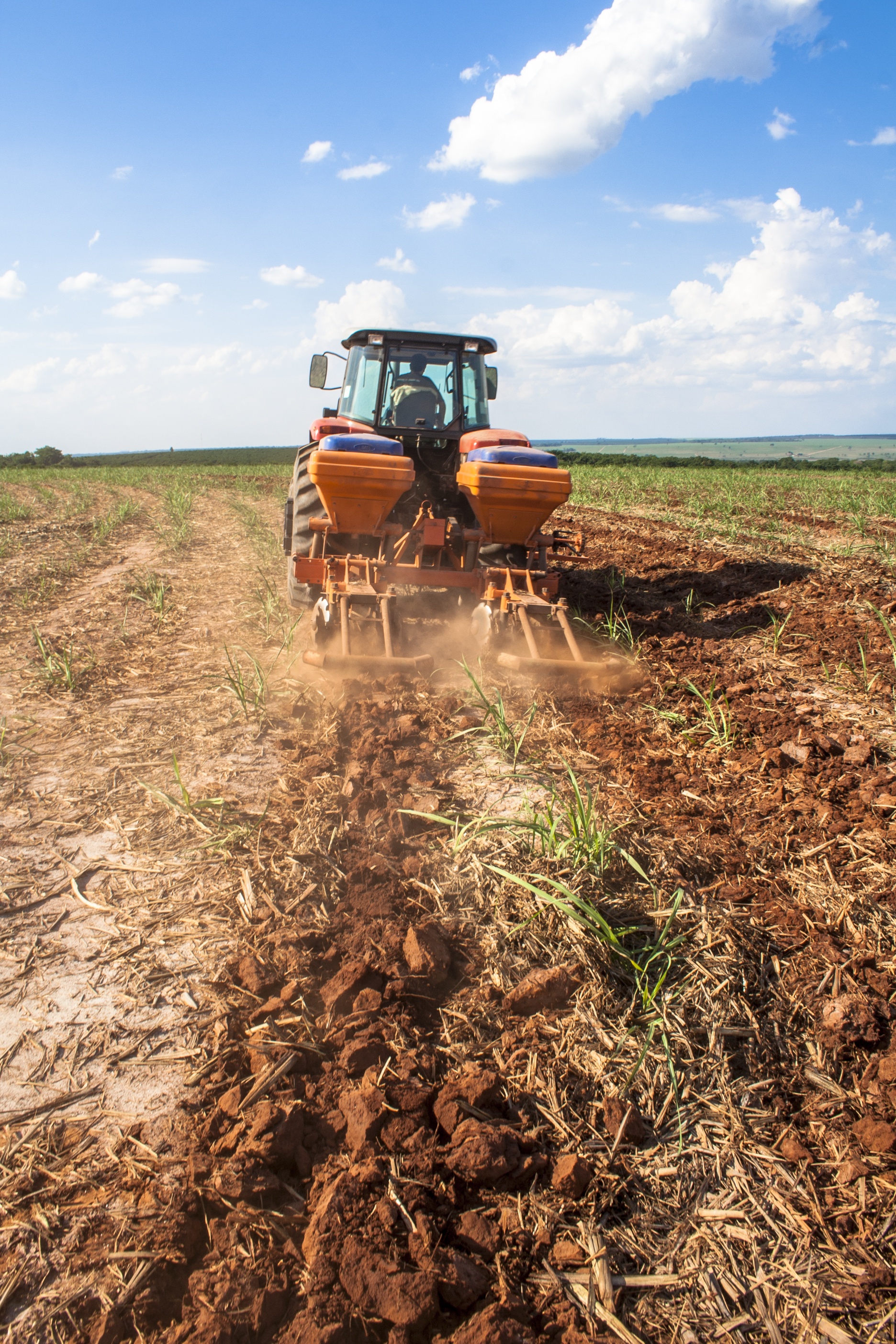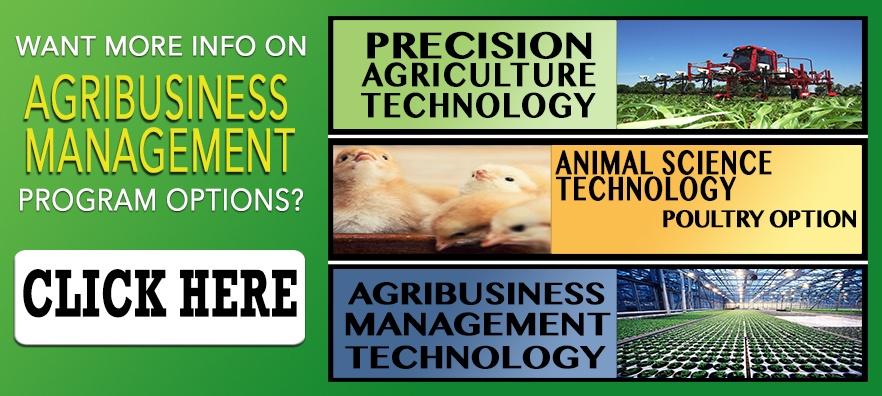I was thinking…..what do you want to be when you grow up? What about a career in agribusiness management? Not a path you’ve ever considered? Did you know agriculture is Mississippi’s number one industry? 29% of the state’s workforce is employed in the agriculture industry which makes a significant contribution to all 82 counties. Let’s take a look at just what it is and some of the jobs in that area. Agribusiness includes everything from food processing, livestock production, machinery and equipment suppliers to grain farmers and dairy cow operations. Farmers, ranchers, and other agricultural managers run establishments that produce crops, livestock, and dairy products. This includes everything from the family farm that has been handed down from generation to generation to farms owned by large corporations.

What are some of their day to day duties in this field?
-
Agricultural managers, farmers and ranchers supervise all steps of the crop production and ranging process. This includes planting, fertilizing, harvesting, and herding of livestock.
-
Market conditions, federal program availability, and soil conditions are just some of the factors which determine how to raise crops or livestock.
-
Seed, fertilizers, and farm machinery are just a few of the supplies which much be selected and purchased.
-
Farm machinery must be repaired and serviced.
-
A crop’s growing cycle, weather conditions and seasons will cause one to adapt their duties accordingly.
-
Farm facilities must be maintained.
-
Be responsible for the sale of livestock and crops.
-
Keep financial, tax, production, and employee records
What are some of the career opportunities?
Farmers and ranchers own and operate mainly family-owned farms. On smaller farms the farmer and rancher usually do a little bit of everything. Not only will they have to grow crops and raise animals but they will also be responsible for servicing equipment, maintaining buildings and fences as well as keeping the financial records.
For those working on large farms often owned by corporations it is a very different scenario. They often supervise employees—including agricultural workers—who help with physical work. Some employees of large farms are in nonfarm occupations, working as truck drivers, sales representatives, bookkeepers, and IT specialists.Both farmers and ranchers monitor the operation of machinery and maintain their equipment and facilities. They track technological improvements in animal breeding and seeds, choosing new products that might improve output. Many livestock and dairy farmers monitor and attend to the health of their herds, which may include assisting in births.
Agricultural managers take care of the day-to-day operation of one or more farms, ranches, nurseries, timber tracts, greenhouses, and other agricultural establishments for corporations, farmers, and owners who do not live and work on their farm or ranch. They hire and supervise farm and livestock workers to do most daily production tasks. Managers decide how to store and transport crops as well as oversee the proper maintenance of equipment and property.


Agribusiness consists of all of the following categories: Production agriculture, agriscience processing, products, & distribution, horticulture, forestry, reusable natural resources, agriscience supplies & services, agriculture mechanics and agriculture professions.
Precision Agriculture applies geospatial technologies, including geographic information systems (GIS) and Global Positioning System (GPS), to agricultural production and management activities. It employs the use of computers to develop or analyze maps or remote sensing images to compare physical topography with data on soils, fertilizer, pests or weather.
-
Crop farmers and managers - are responsible for everything from the initial planning stages of planting to the harvest of grain, fruits, vegetables and other crops. They are also responsible for the storing and packaging of the crops.
-
Livestock, dairy, and poultry farmers, ranchers, and managers oversee breeding as well as feed and care for animals.
-
Horticultural specialty farmers and managers oversee the production of fruits, vegetables, flowers, and plants (including turf) used for landscaping. They also grow grapes, berries, and nuts used in making wine.
-
Aquaculture farmers and managers raise fish and shellfish in ponds. They stock, feed, protect, and maintain aquatic life used for food and for recreational fishing. Mississippi has become famous for its “farm raised” catfish.
-
Agribusiness areas related to production agriculture include Farm Service Agencies, the Extension Service, National Resource Services and Agriculture Experiment Stations to name a few of the career possibilities. These careers account for one-fifth of all jobs in the agriscience field. This means 4 out of 5 employees in this field have jobs that are not actually on the farm.
In the past, experience growing up on a family farm was the way one learned this trade but as farm and land management has become more complex completing a degree has become a necessity. The Agribusiness Management Technology program at Hinds Community College is located at the Ted Kendall Agricultural Complex on Seven Springs Road in Raymond, Mississippi. It is designed to provide students with training in a variety of agriculture related areas. Agribusiness Management Technology is concerned with the economic interrelationships affecting individuals, firms and service agencies that are affected by the agriculture sector of the economy. The program is designed for students desiring to enter the broad range of jobs related to the management of agricultural enterprises and the marketing and sales of agriculture supplies and products. Choosing a career can be a challenge, but it doesn’t have to be overwhelming. For more information concerning this program contact Dr. Roger Jones at 601.857.3333 or Roger.Jones@hindscc.edu.



